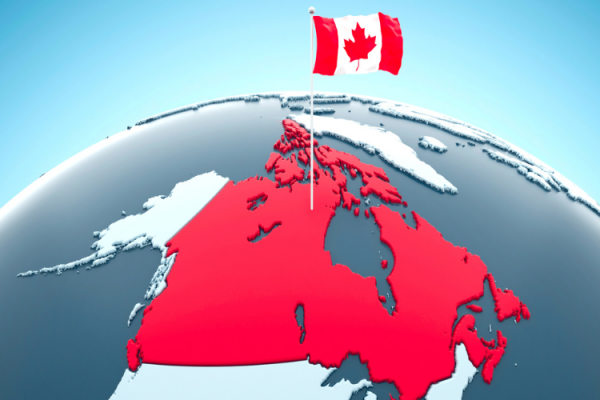With travel restrictions having eased up, you may be considering your options a little more thoroughly when it comes to your gastric sleeve procedure. While medical tourism isn’t new, border restrictions and travel bans due to COVID-19 largely eliminated international travel for the purpose of receiving medical care. As life slowly returns to normal, you may be wondering: should I go overseas to have weight loss surgery performed?
The Cheaper Price May Cost You More Overall
A major selling point for those considering bariatric surgery overseas is that it typically comes with a much cheaper price tag. Choosing to undergo a gastric sleeve procedure abroad to save on initial costs may lead to increased expenses down the line.
A study has shown that when patients had gone abroad for surgery “many… came back with complications that needed to be covered regionally.” . In fact, another study published in the Canadian Journal of Surgery (CJS) estimated costs to the public health system of approximately $560,000 per year in Alberta alone due to complications from bariatric surgeries performed overseas.
Gastric sleeve is considered a minimally invasive procedure and is safe and effective when performed by a knowledgeable team of surgeons. Unfortunately, the CJS estimates a complication rate of 42-56% for out-of-country weight loss procedures. Meanwhile, the study found the complication rate for procedures done locally was only 12%.
Overseas Gastric Sleeve Clinics Not Regulated to the Same Standard
Of course, there are many amazing and capable surgeons abroad with the expertise to perform these procedures.
However, oftentimes medical tourism efforts are led by countries’ government agencies for tourism or trade, rather than the health sector, and they may not have the same health and safety regulations found here in Canada. Surgeons performing the procedure in Canada meet the highest regulatory standards for safety and professionalism, and information about gastric sleeve surgeons are easily available through the appropriate medical regulatory bodies, like the College of Physicians and Surgeons of Ontario. Such physician information and regulatory standards are likely less accessible and understandable overseas than they are in Canada.
Health Canada subjects surgical equipment used in Canada to rigorous quality testing before granting approval. Globally, there are numerous stapling systems, but our regulators have only approved three as safe. The use of cutting-edge, single-use, stapling ensures a high-quality operation.



